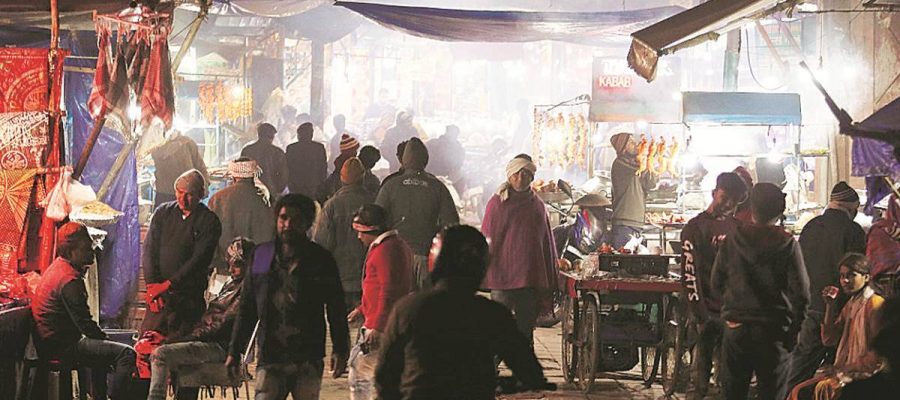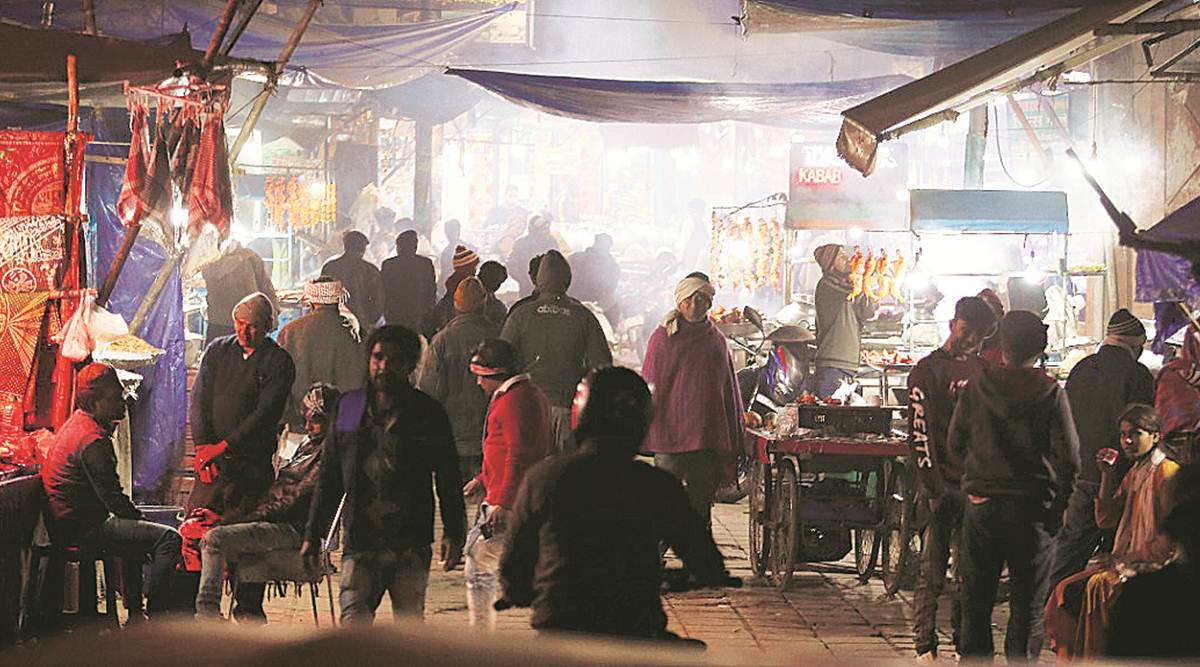According to data maintained by the Delhi government, 1,080 people from the Markaz tested positive for Covid in Delhi till mid-April.
For months after the Covid-19 pandemic hit Delhi, Nizamuddin basti, the locality most famous for the dargah of Sufi saint Khwaja Nizamuddin Auliya, bore the burden and tag of being a ‘super-spreader’, with many of the earliest cases being traced back to the Tablighi Jamaat’s religious congregation at the Markaz. After all the finger-pointing, stigma and long-drawn court cases, residents of the locality say things are just beginning to look up.
“We would go to big markets and to wholesalers and they would ask us to stand away from the others, some would ask us to go back as soon as they heard we were from Nizamuddin. Relationships we had built over decades turned to dust in a matter of months,” says 51-year-old Abdul Rahim, who owns a mobile repair and recharge shop in the locality. It is only over the past two months, says Rahim, that life and business have slowly started picking up.
But what he is looking forward to this new year is a change in the attitude of people who visit the area.
“Ever since the court has been hearing the cases, be it in Delhi or Mumbai, it has become clear that there was no evidence of wrongdoing. In fact, the judge scolded police. While the market here had started buzzing several months ago, the wounds are only now starting to heal,” he said.
According to data maintained by the Delhi government, 1,080 people from the Markaz tested positive for Covid in Delhi till mid-April. Officials also said that the last person to have died in the area — while it was a containment zone until June 7 — was an elderly woman. She died on May 12. No new cases were reported for 28 days after that. While the dargah reopened in September, the Markaz is still shut.
For the restaurants and other shops that run from the Markaz lane, visitors to the centre were their main clientele.
At Nasir Iqbal restaurant, metres away from the Hazrat Nizamuddin police station and opposite the six-storey building that houses the Markaz, Monday afternoon saw a few customers, but the owners say it is hardly a fraction of the traffic they got before the lockdown.
“Our relationships with even regular customers ended suddenly after the area was vilified. We used to feed hundreds of people a day but during the lockdown, we had to brave police batons to even buy milk. It is hard to forget any of that. But the good thing is that these days, if some old-timers come to the area, they realise everything here is normal. People are following social distancing norms here as much as they are in the other parts of the city. They return happy and tell others,” says 25-year-old Shoaib, one of the owners of the restaurant.
Read more from The Indian Express series, ‘Silver Lining: A Yearbook’
Source: Read Full Article


